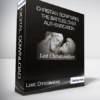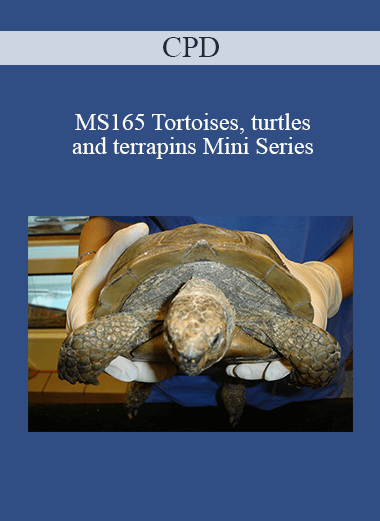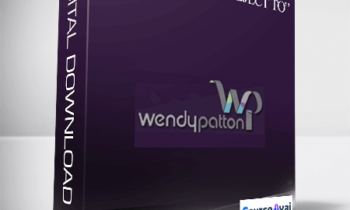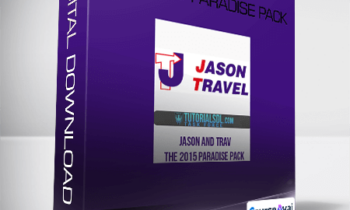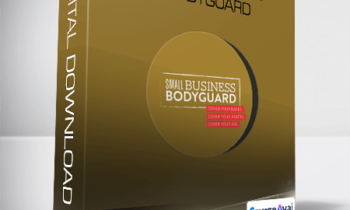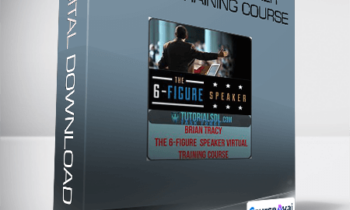$479.00 Original price was: $479.00.$109.00Current price is: $109.00.
 Purchase this course you will earn 109 Points worth of $10.90
Purchase this course you will earn 109 Points worth of $10.90Elevate your skills with the CPD – MS165 Tortoises, turtles and terrapins Mini Series course, available for just $479.00 Original price was: $479.00.$109.00Current price is: $109.00. on Utralist.com! Browse our curated selection of over 60,000 downloadable digital courses across diverse Everything Else. Benefit from expert-led, self-paced instruction and save over 80%. Start learning smarter today!
Salepage link: At HERE. Archive:
Total sizes: – include:
MS165 Tortoises, turtles and terrapins Mini Series
£347.00 (+VAT)
12 months access to recordings and course materials is included. Please note that these are webinar recordings and not live events. Full details on how to access the Mini Series will be emailed to you.
- Join Kevin Eatwell BVSc (hons) DZooMed (Reptilian) Dip ECZM (Herp) MRCVS for three 2-hour online sessions
- Comprehensive notes to downloaded
- Self-assessment quizzes to ‘release’ your 8 hours CPD certification (don’t worry, you can take them more than once if you don’t quite hit the mark first time)
- A whole year’s access to recorded sessions for reviewing key points
- Superb value for money – learn without travelling
- Watch the recordings on your iPad!
Programme
Session 1
Husbandry, clinical history taking, clinical assessment and hospitalisation of chelonians
The clients first impression of you is in the consult room. How you handle their animal and what questions you ask are critical to instil confidence in the owner that you are the right vet to treat their tortoise. This session will cover all the questions you should ask and how to improve your consult technique. Having the right facilities to keep it safe and warm are also important as many will require a stay in the clinic. Practical (economical) solutions will be presented to enable you to hospitalise a chelonian.
What you’ll learn:
- The best husbandry methods to keep chelonians healthy
- How to critically evaluate existing set ups and make firm recommendations
- Perform a detailed clinical assessment
- How to hospitalise chelonians safely
Supportive care, diagnostics and clinical techniques of chelonians
Fluid therapy and thermal support are vital elements to stabilise a sick chelonian. Choosing the right treatment regime can be difficult and it is easy to over treat animals with low metabolic rates. Choosing the right diagnostics and knowing how to perform them are the next critical steps. This session will cover the care of the tortoise once it is hospitalised through to making a diagnosis.
What you’ll learn:
- Critical care techniques
- Supportive therapy options and routes
- Diagnostic imaging techniques
- How to get diagnostic samples from your patient and analyse them
Common conditions, anaesthesia and surgery of chelonians
Having stabilised your patient, making the diagnosis and treating the tortoise appropriately is important. Knowing when more invasive techniques are required and how to anaesthetise them and if surgery is indicated are all more complex decisions to make. This webinar covers all the common conditions and provides protocols for anaesthesia and the approach to surgical care.
What you’ll learn:
- Standard diagnostic and treatment protocols for common conditions
- Anaesthesia protocols and decision making
- Monitoring under anaesthesia and in recovery
- Surgical conditions and routine procedures
Cultivate continuous growth with the CPD – MS165 Tortoises, turtles and terrapins Mini Series course at Utralist.com! Unlock lifetime access to premium digital content, meticulously designed for both career advancement and personal enrichment.
- Lifetime Access: Enjoy limitless access to your purchased courses.
- Exceptional Value: Benefit from savings up to 80% on high-quality courses.
- Secure Transactions: Your payments are always safe and protected.
- Practical Application: Gain real-world skills applicable to your goals.
- Instant Accessibility: Begin your learning journey immediately after buying.
- Device Compatible: Access your courses seamlessly on any device.
Transform your potential with Utralist.com!
| Status |
|---|
Related products
Everything Else
= 56 Points
Everything Else
= 37 Points
Everything Else
= 56 Points
Everything Else
Brian Tracy – 21st Century Sales Training for Elite Performance
= 47 Points
Everything Else
= 43 Points
Everything Else
= 52 Points
Everything Else
= 56 Points
Everything Else
= 89 Points
Login
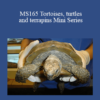
 Purchase this course you will earn 109 Points worth of $10.90
Purchase this course you will earn 109 Points worth of $10.90

